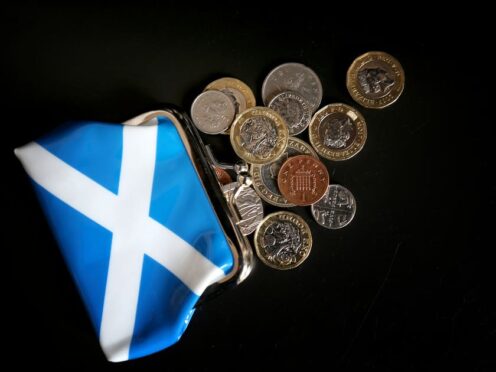Two in three Scots have cut back on their non-essential spending amid ongoing economic pessimism, a survey has found.
The latest study in the Understanding Scotland series also found 64% are cutting back on their energy use and 62% are doing so on leisure activities.
A representative sample of 2,305 adults in Scotland were surveyed in early February.
Some 67% said they had resorted to reducing non-essential purchases while 45% have decreased how much they are contributing to their savings.
These trends are most prevalent among younger Scots, the survey’s designers said.
Pollster Mark Diffley said most Scots believe things will get worse in the future.

He said: “The fact that seven in 10 Scots think that economic conditions are worse than 12 months ago and six in 10 think conditions will be worse in 12 months’ time reveal ongoing and widespread pessimism.
“The data also again reveals the challenges posed by rising living costs and offers a glimpse into the daily struggles of many Scots, particularly those from disadvantaged backgrounds, highlighting that the cost-of-living crisis is far from over in terms of real life experiences.”
Susan Murray, director of the David Hume Institute think tank, said: “These findings reveal a stark snapshot of the economic reality of living in Scotland today.
“For anyone wanting to improve productivity or economic growth, focus on the number of Scots continuing to lose sleep over their finances, which creeps up another 1% this quarter to 30% and rises to 43% of 35 to 45-year-olds.
“With so many of your workforce affected, we can only hope that things don’t get worse before they start to improve.”
